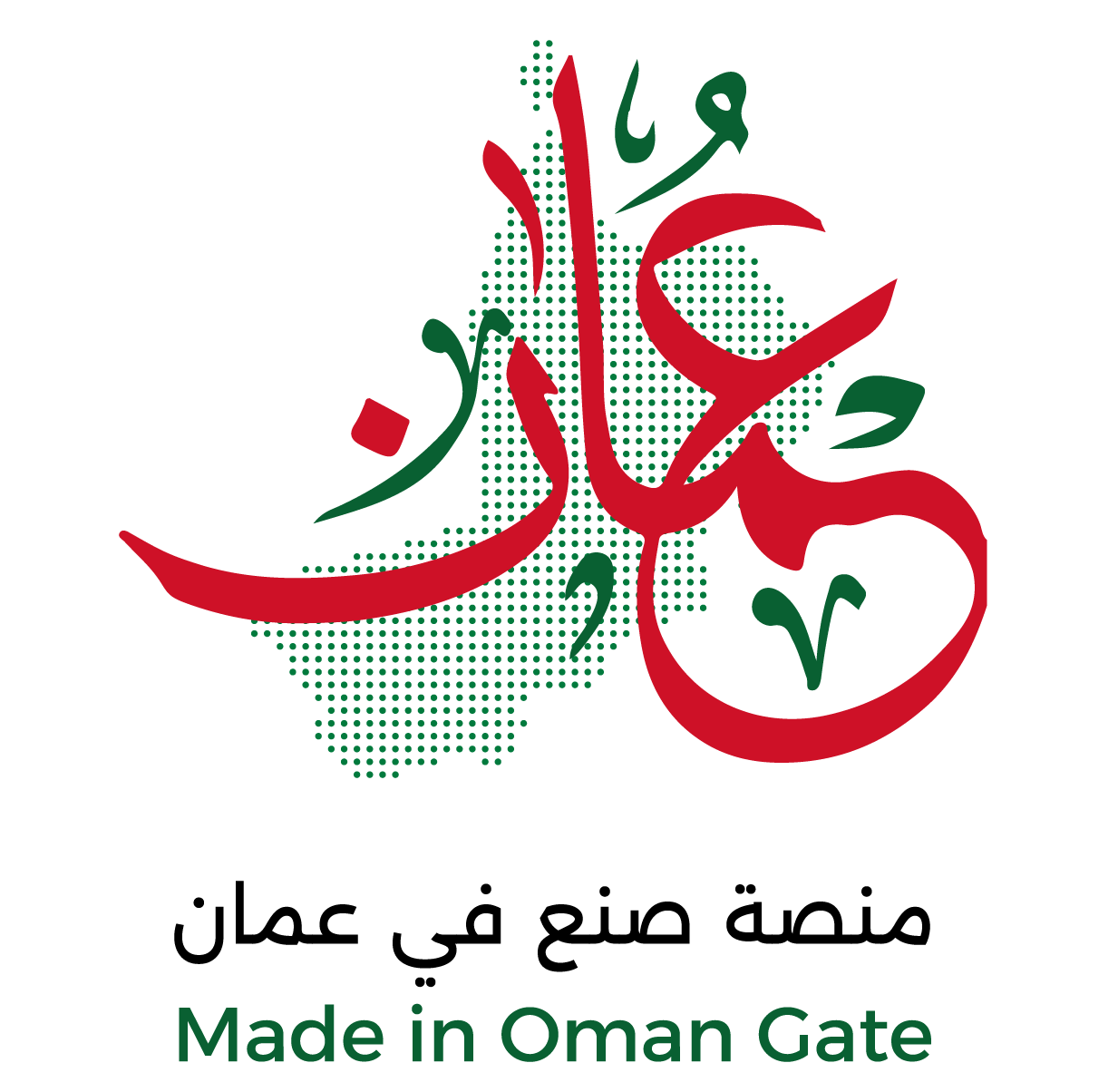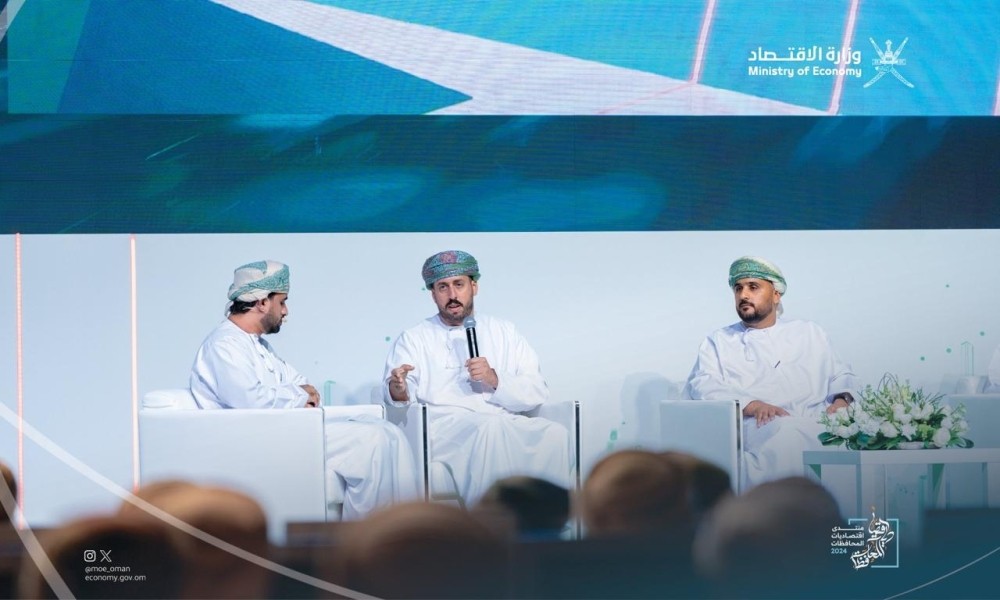Decentralisation as a strategy to enable each governorate to realise its own potential is an increasingly important economic paradigm to promote dynamism at the regional level, according to a leading Omani entrepreneur and business leader.
Abdullah bin Nasser al Saidi, CEO of Nafath Renewable Energy Company, stressed the necessity for every governorate to pinpoint its “comparative advantage,” or the particular industry in which it excels.
“Some governorates are naturally suited for tourism, while others have a strong industrial base or excel in logistics. By focusing on these distinct advantages, we can avoid redundancy in entrepreneurial ventures and ensure each region flourishes in its own right,” he stated.
Speaking the Observer on the sidelines of the landmark Governorates Economic Forum 2024, which was held in Muscat last week, Al Saidi underlined for each governorate to prioritise its development around its comparative strengths in order to sustain their long-term growth. “We need to assess each project’s viability in a scenario where oil prices plummet to $50 or even lower,” he warns.
Significantly, the active participation of entrepreneurs is a key component of this decentralised model, according to Al Saidi. “Entrepreneurs are the lifeblood of innovation and job creation. By nurturing a vibrant entrepreneurial ecosystem, we can empower local talent and unlock new economic possibilities,” he stressed.
The businessman also advocates for giving local companies priority when development projects are being commissioned. “We should empower local companies to take the lead instead of relying solely on external contractors,” he noted, pointing out that this strategy gives local inhabitants a feeling of pride in their community.
Furthermore, to help create a vibrant business climate, Al Saidi emphasises the necessity of all-encompassing support networks.
“Entrepreneurs need access to training, mentorship, and financial resources. By providing these essential elements, we can equip them with the tools they need to succeed,” he said.
Another key factor that can drive economic growth at the regional level is cooperation amongst governorates. “Imagine North Batinah and Dhofar working together: The industrial backbone of North Batinah is robust, whilst Dhofar has a booming tourism industry. Working together may result in cooperative businesses that serve travellers looking for distinctive experiences or create supply chains that are advantageous to both areas.”
However, this cooperative vision is contingent upon the creation of a strong legal framework, stresses Al Saidi. Flexible legislation is necessary to enable governorates to decide strategically based on their unique circumstances. “Certain regulations might need to be tweaked on a governorate-by-governorate basis. A flexible legal framework is essential to unlock the full potential of devolution.” Another important pillar of this economic approach is investing in essential services. Infrastructure related to water and energy should be prioritised, according to Al Saidi. “A strong foundation of essential services is the bedrock upon which a vibrant economy can be built,” he states.
“By ensuring reliable access to these services, we create an environment conducive to business growth and job creation.” Al Saidi praises the Future Fund, an Omani government effort that promotes entrepreneurship and helps governorates gain more authority.
“The Future Fund shares our vision of fostering a dynamic entrepreneurial ecosystem,” he adds.
“Governors across Oman should actively engage with the Fund to leverage its programmes and initiatives for the benefit of their respective regions.” The path to a decentralised and vibrant economic landscape for Oman’s governorates is not without difficulties. Fluctuating oil prices and the need for a supportive legal environment are just two obstacles that must be overcome. However, as Al Saidi points out, the potential rewards are substantial. “By focusing on comparative advantages, engaging entrepreneurs, empowering local businesses, fostering collaboration, and investing in essential services, we can unlock a new era of economic prosperity for Oman’s governorates,” he states.
“This shift towards devolution is not simply about economic diversification; it’s about empowering each region to chart its own course towards a brighter future.”
Oman Observer


